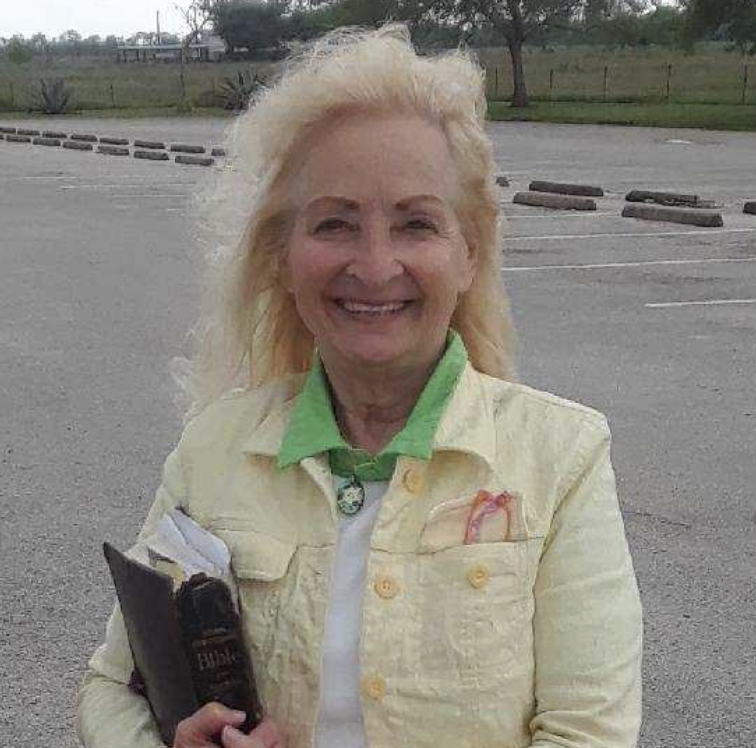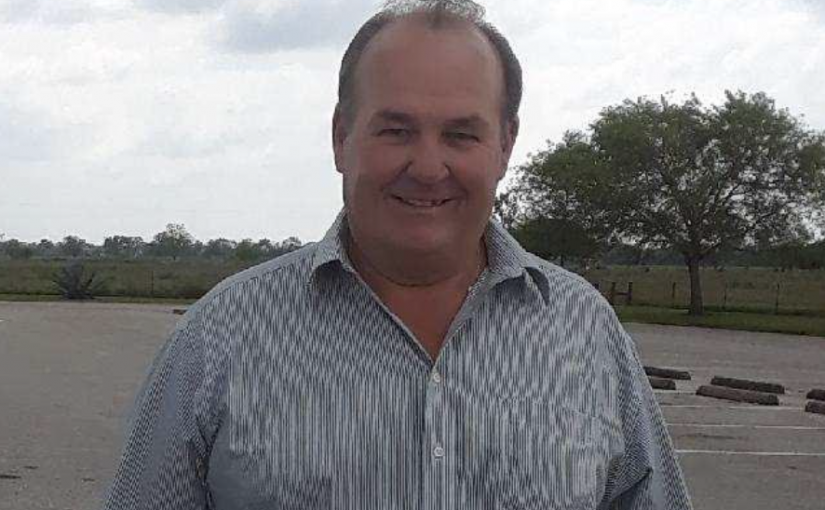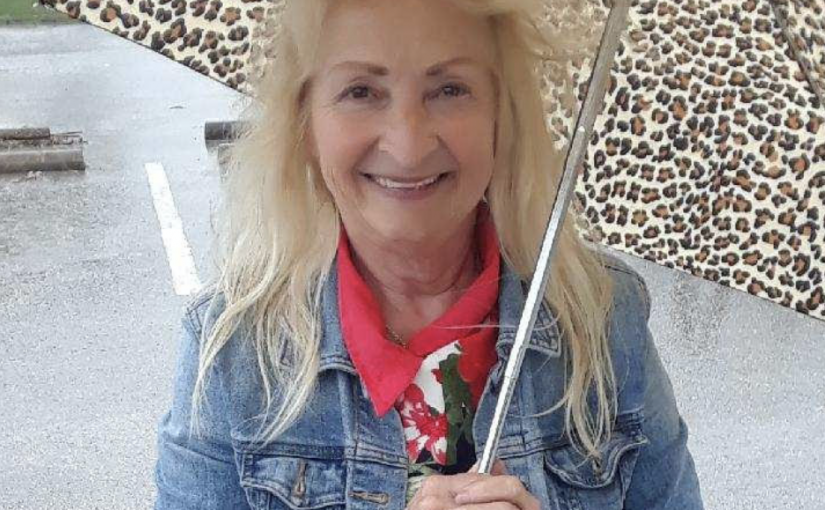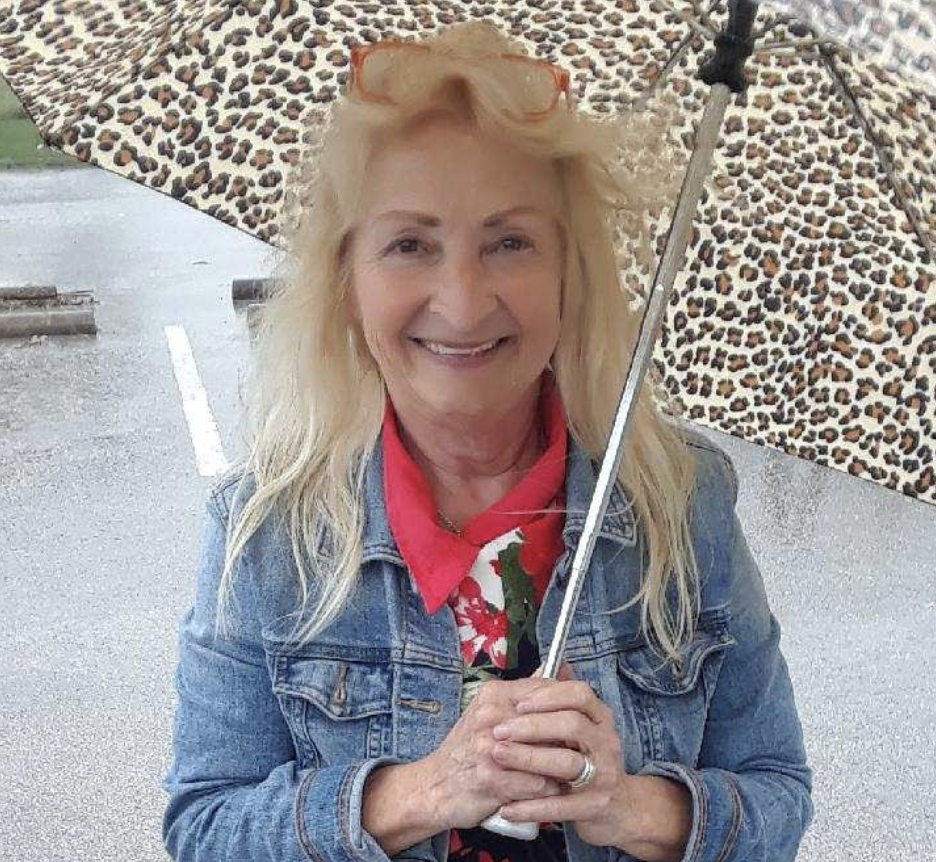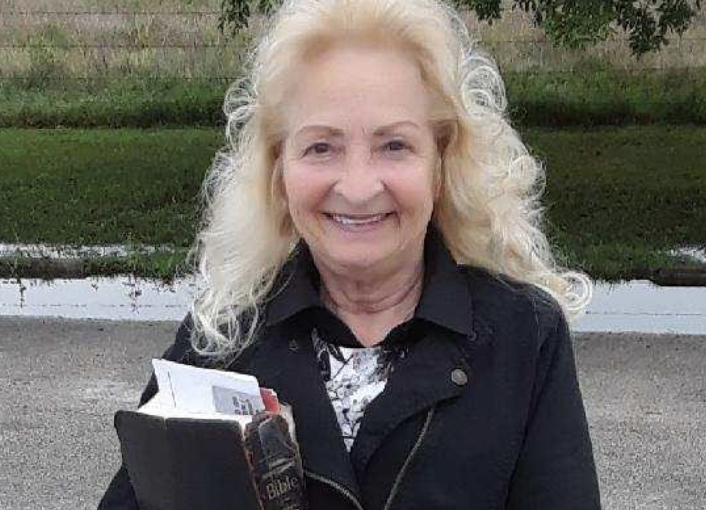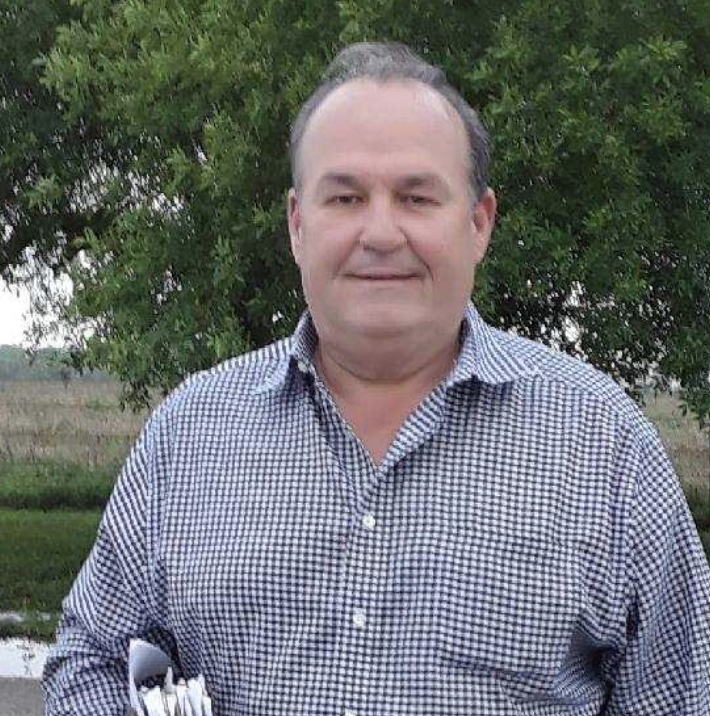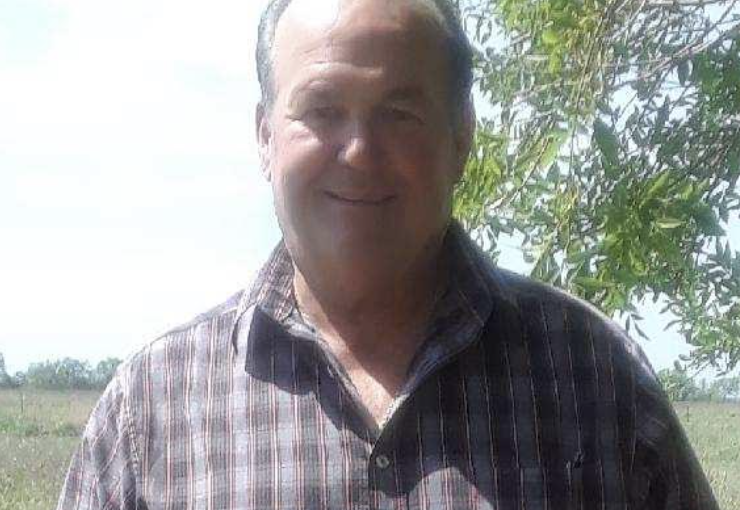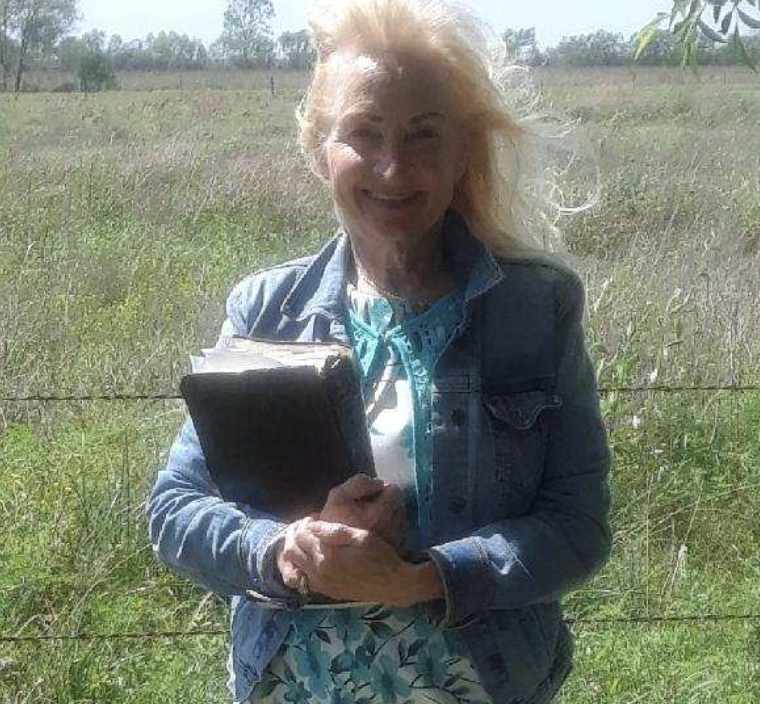So far no COVID-19 in Prisons in TDCJ in state of Texas. They are taking great precautions to keep virus out. Not allowing inmates to have any visitation from family or friends as of right now.
Volunteer Chaplaincy at Plane State Prison 03-20-2020 spent 7 1/2 hours counseling and praying with 60 ladies. Ladies were so happy to see us today. A lot of healing for ladies today. Also heard some great praise reports. Also went to K-Dorm gave out Bibles,books and hygiene. ( Psalms 27:2-3 ) When the wicked, even mine enemies and my foes, came upon me to eat up my flesh, they stumbled and fell. Though an host should encamp against me. MY HEART SHALL NOT FEAR: though war should rise against me, in this will I be confident. To God be all the Glory !!!
